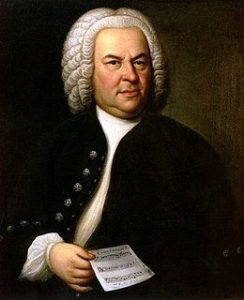Availability to a discipline’s origins, enables a disciple or follower of that discipline to internalize and efficiently wield knowledge provided through the origins—moreover, it allows them to understand the influences of the discipline and how it has developed. The use of archetypal work is useful across several disciplines; autochthonous material displays and presents excellent examples of fundamental techniques necessary in a discipline.

The disciples of music are one excellent example of individuals who learn their discipline effectively through the study of music and its history. Individuals who study music study not only the techniques involved in the analysis and composition of music, but also study the history, which presents the circumstances in which these techniques were developed, as well as how these techniques changed and developed as the study of music continued—simply studying the technique as it is today and neglecting its origins, would not allow someone to obtain an optimal and fuller understanding of how it developed or why it developed and limit their understanding of technique in music.
In the discipline of music, someone might specifically study the shift from monophonic Gregorian chants—Gregorian chant were sung chants the Catholic church practiced in their worship during the Medieval period; the chants were always monophonic which means they were only one line vocal melodies without the use of instrumental accompaniment—to the development of harmony and polyphony, which means multiple voices sung at the same time, and the changes that would arrive with the Renaissance or baroque era (Grout, et al, 2019). Just as disciples of music would study the origins of their discipline, so would the disciples of literature or a specific science. The concept of studying archetypal works can be applied to any discipline in order to obtain a more concentrated understanding of an idea or technique in that discipline—in literature, disciples study the history of literature, and focus on monumental influential authors in literature, just as disciples in music might study the music of Bach or Mozart. Continue reading “The Significance in the Origin of Discipline”
